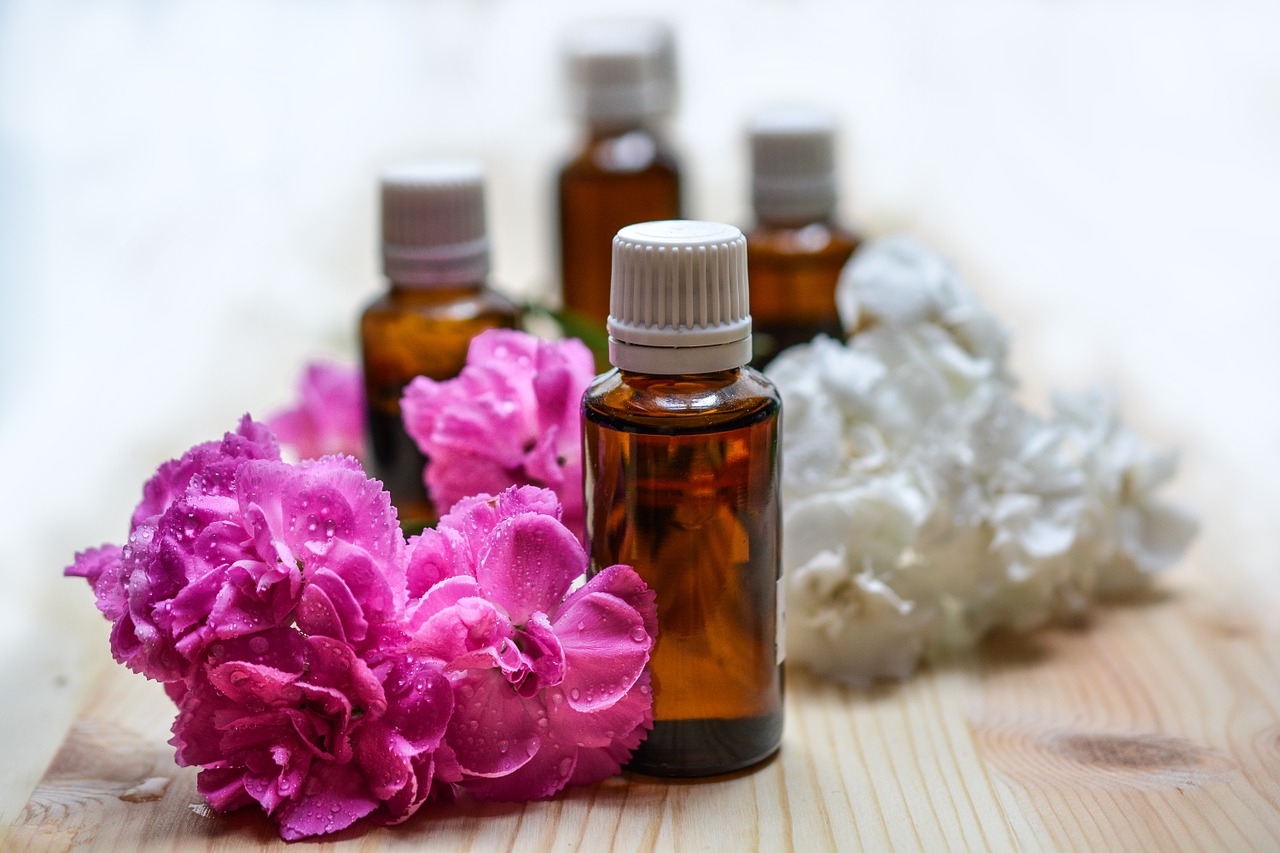Introduction to Herbal Medicine
Herbal medicine, often referred to as herbalism, is one of the oldest forms of healthcare known to humanity. It involves the use of plants—either whole or in extracts—to treat various ailments, enhance wellness, and promote healing. Unlike synthetic pharmaceuticals, herbal remedies rely on the natural properties of plants, making them a preferred choice for many people seeking holistic, natural treatments.
But what exactly makes something “herbal”? The term “herbal” refers to the use of plant-based materials, including leaves, roots, flowers, seeds, and bark, in medicinal or therapeutic applications. These plants have bioactive compounds that interact with the human body to produce healing effects.
The History of Herbal Medicine
Herbal medicine has been practiced for thousands of years across different cultures. Ancient civilizations relied on plants for their healing properties long before modern medicine existed. Let’s explore some key historical periods:
- Ancient Egypt (3000–1000 BCE):
- Records from the Ebers Papyrus (one of the oldest medical texts) show the use of herbs like garlic, opium, and honey for various conditions.
- table
| Plant | Use |
|—————-|————————–|
| Garlic | Antimicrobial |
| Honey | Wound healing |
| Fennel | Digestive aid |
- Ancient China (2000 BCE–Present):
- Traditional Chinese Medicine (TCM) utilizes herbs in combination with techniques like acupuncture.
- “The Yellow Emperor’s Classic of Medicine” is a foundational text in TCM.
- Greek and Roman Era (500 BCE–500 CE):
- Hippocrates, the “Father of Medicine,” documented plant-based remedies.
- table
| Herbalist | Contribution |
|——————-|————————————–|
| Hippocrates | Wrote De Materia Medica |
| Dioscorides | Cataloged medicinal plants |
- Indigenous Practices:
- Many Native American tribes, African healers, and Ayurvedic practitioners used (and still use) herbs for healing.
This rich history highlights how deeply ingrained herbal medicine is in human culture.
Types of Herbal Remedies
Herbal remedies come in various forms, each offering unique benefits. The most common types include:
Table
| Form | Description | Examples |
|---|---|---|
| Teas | Dried herbs steeped in hot water | Peppermint, chamomile |
| Tinctures | Alcohol-based extracts to preserve potency | Echinacea, elderberry |
| Capsules | Powdered herbs encapsulated for easy consumption | Turmeric, ashwagandha |
| Essential Oils | Concentrated plant extracts for aromatherapy | Lavender, eucalyptus |
Each form has its advantages depending on the intended use. For instance, teas are great for digestion, while tinctures offer longer shelf lives.
How Herbal Medicine Works
Herbs contain phytochemicals—natural compounds that interact with the human body. These can include:
- Alkaloids (e.g., caffeine)
- Flavonoids (e.g., quercetin in onions)
- Terpenes (e.g., pinene in pine trees)
These compounds work in subtle but powerful ways, often influencing cellular processes and immune responses. Unlike synthetic drugs, herbal remedies tend to work gradiently—meaning their effects build over time.
Herbal Medicine vs. Modern Medicine
While herbal medicine and modern medicine serve the same ultimate goal—healing—they differ in approach:
| Aspect | Herbal Medicine | Modern Medicine |
|---|---|---|
| Source | Natural plants | SyntheticLab-made compounds |
| Efficacy | Often subtle, long-term effects | Fast-acting, targeted effects |
| Regulation | Varies by country | Strict FDA/EMA approval required |
Both have their place in healthcare. Some people prefer herbs for chronic conditions, while others rely on prescription medications for acute illness.
Common Herbs and Their Benefits
Here are some widely used herbs and their traditional applications:
Table
| Herb | Traditional Use | Potential Benefits |
|---|---|---|
| Ginger | Digestive aid | Reduces nausea, anti-inflammatory |
| Turmeric | Anti-inflammatory | Supports joint health, immunity |
| Echinacea | Immune support | Shortens cold duration |
| St. John’s Wort | Mood support | May relieve mild depression |
Always consult a healthcare provider before combining herbs with medications.
Safety and Considerations
While herbal remedies are generally safe, some risks exist:
- Allergic reactions: Even natural plants can cause allergies in sensitive individuals.
- Drug interactions: Herbs like St. John’s Wort can interfere with prescription medications.
- Quality control: Not all herbal products are regulated. Always choose reputable brands.
Rule of thumb: Start with small doses and monitor your body’s response.
Conclusion
Herbal medicine is a timeless practice with deep roots in global healing traditions. Whether used as a complementary treatment or a standalone therapy, herbs offer a natural alternative to conventional medicine. However, proper knowledge and caution are essential to use them safely.
If you’re curious about incorporating herbs into your wellness routine, consult a qualified herbalist or healthcare provider to find the best options for your needs. Embrace nature’s wisdom—your body will thank you!
